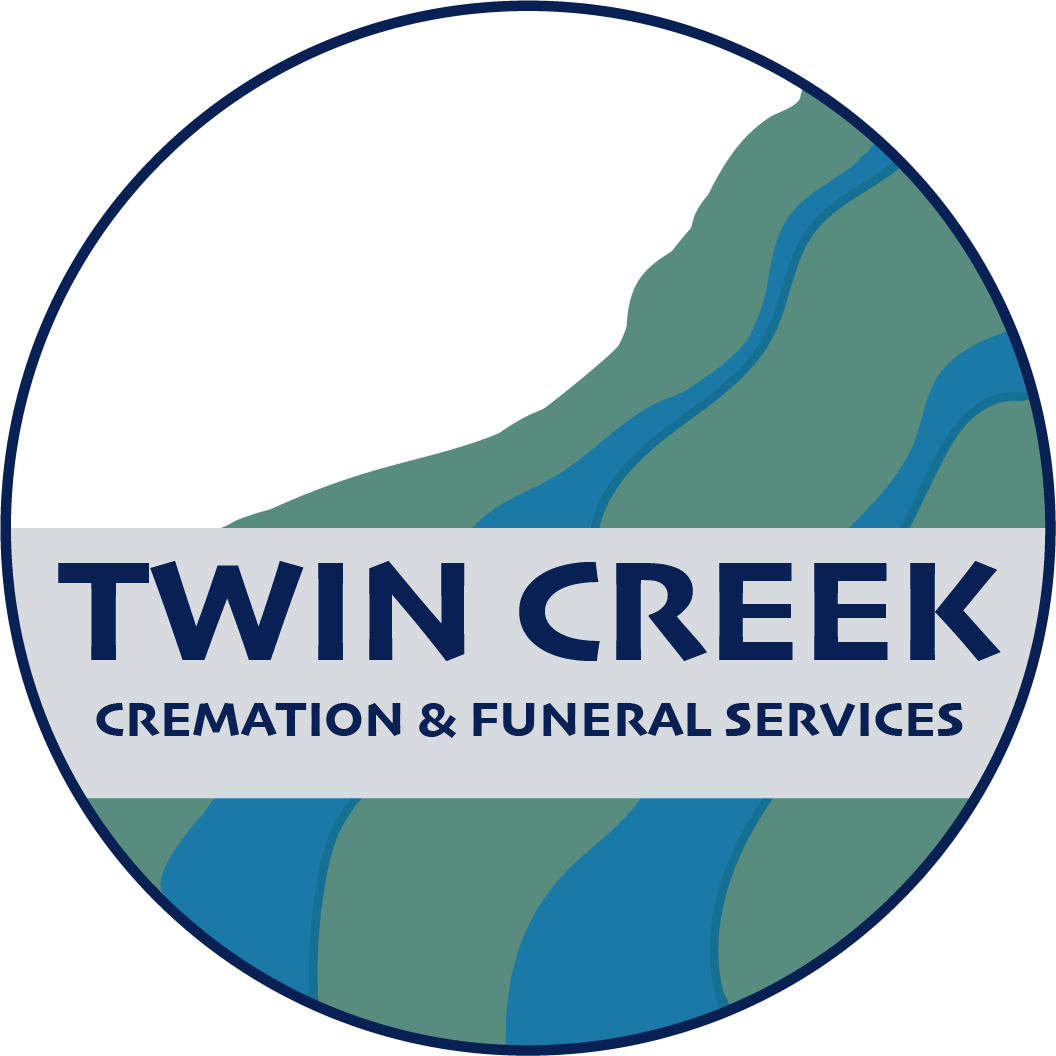Frequently Asked Questions
Common Cremation & Burial Questions Answered
Here, we aim to address common inquiries to provide clarity and support during this challenging time. Whether you're wondering about our services, pricing, or arrangements, we've compiled a comprehensive list of questions and answers to guide you through the process with ease. If you can't find the information you're looking for, please don't hesitate to reach out to our compassionate team for personalized assistance. Your peace of mind is our priority, and we're here to help every step of the way.

